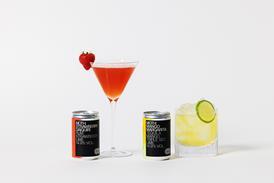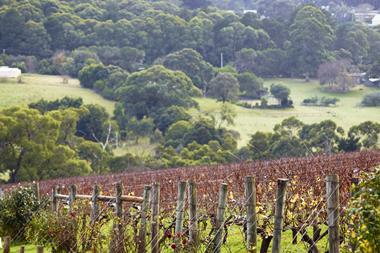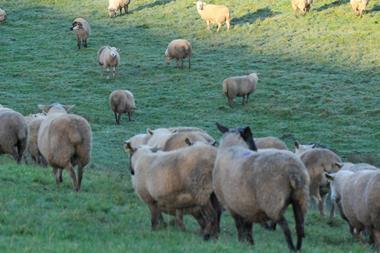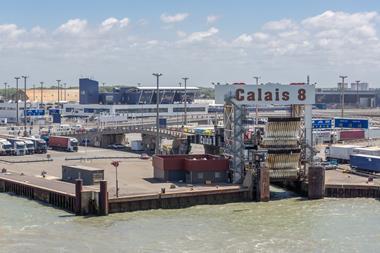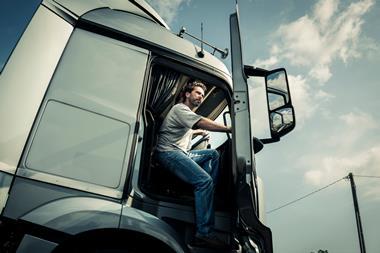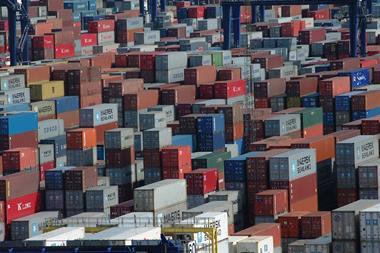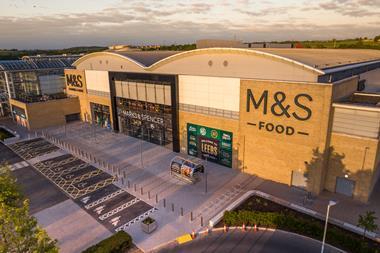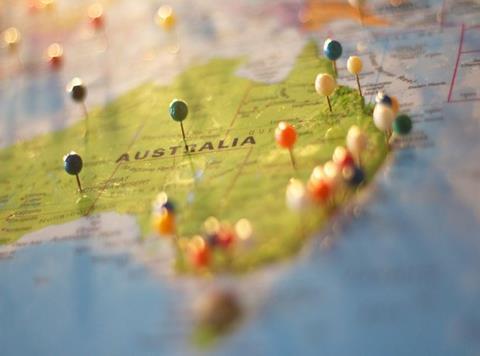
Britain’s meat producers have reiterated concerns about the potential impact the government’s new free trade agreement with “very effective” agriculture exporter Australia could have on their sector.
Giving evidence at a Commons Environment, Food and Rural Affairs Committee hearing about the deal this week, National Sheep Association CEO Phil Stocker warned it offered “no real benefit” to British farmers and would lead to”an unlevel playing field” in favour of competitors Down Under.
UK production standards had been “sold down the river” by the deal, claimed National Beef Association CEO Neil Shand, who said the rules for Australian farmers were less rigorous than those in Britain.
“Australian farmers in a number of products have lower costs of production”, said Nick von Westenholz, director of trade and business strategy at the NFU, who told MPs the agreement was “a highly liberalising trade deal with a very effective exporter of agricultural products”.
Von Westenholz said while there were ”safeguards” in the deal, such as import quotas, those were “pretty big to begin with” and would be eliminated after 15 years.
The British Meat Processors Association’s trade policy advisor Peter Hardwick went further, labelling some safeguards as “completely useless” as they would only “kick in” after 11 years, meaning Australia could already be exporting ”damaging volumes” of high-grade beef and lamb “without ever getting anywhere near the safeguard trigger levels”.
NFU slams newly signed Australia trade deal as ‘one-sided’
Hardwick said the deal also represented a “missed opportunity” to increase British pork and dairy exports to Australia.
Committee member Neil Hudson, a Conservative Party MP, agreed with the meat sector representatives, describing the agreement as “as one-sided as the recent cricket Ashes series”, which saw Australia trounce England.
The hearing followed a report by AHDB in November which suggested that while the trade deal would not immediately lead to the UK being flooded with Australian meat, that could change should Australia find itself shut out of China’s vast market.
Von Westenholz stressed some of Australia’s exports has already been hit by Chinese barriers imposed due to “geopolitics”, suggesting Australian exporters could turn their gaze on the UK market sooner than first envisaged.
“Australian wine and beef exports have suffered in recent months,” he told the committee.
Last week, industry body Wine Australia reported the UK was the biggest destination for the country’s exports in 2021, after the imposition of tariffs by China had resulted in exports to that country falling by 97% last year.
Shand said while he was not against trade deals and understood the UK was “a trading nation”, he warned British producers could later be faced with “massive amounts” of Australian meat once quotas were raised and if global markets shifted.
Australian trade deal: what questions are unanswered?
The government earlier estimated the agreement could expand the UK economy by £2.3bn – but at the expense of agriculture, forestry and fisheries, which it estimated could be down £94m as a result.
In a separate hearing about the deal this week, the International Trade Committee heard that agriculture provisions were “often the gate through which a trade agreement goes”, according to Shankar Singham, CEO of trade law and economic policy consultancy Competere.
The UK-Australia agreement “was a good deal” for British manufacturers, according to Sam Lowe, director of trade at management consultancy Flint Global, who said it “doesn’t require the UK to let in food pumped full of hormones”.
However, a report published this week in The Independent suggested that particular issue could be a red line that might need to be crossed if the UK were to join the 11-nation Comprehensive and Progressive Agreement for Trans-Pacific Partnership (CPTPP), of which Australia, Canada and New Zealand are members.



